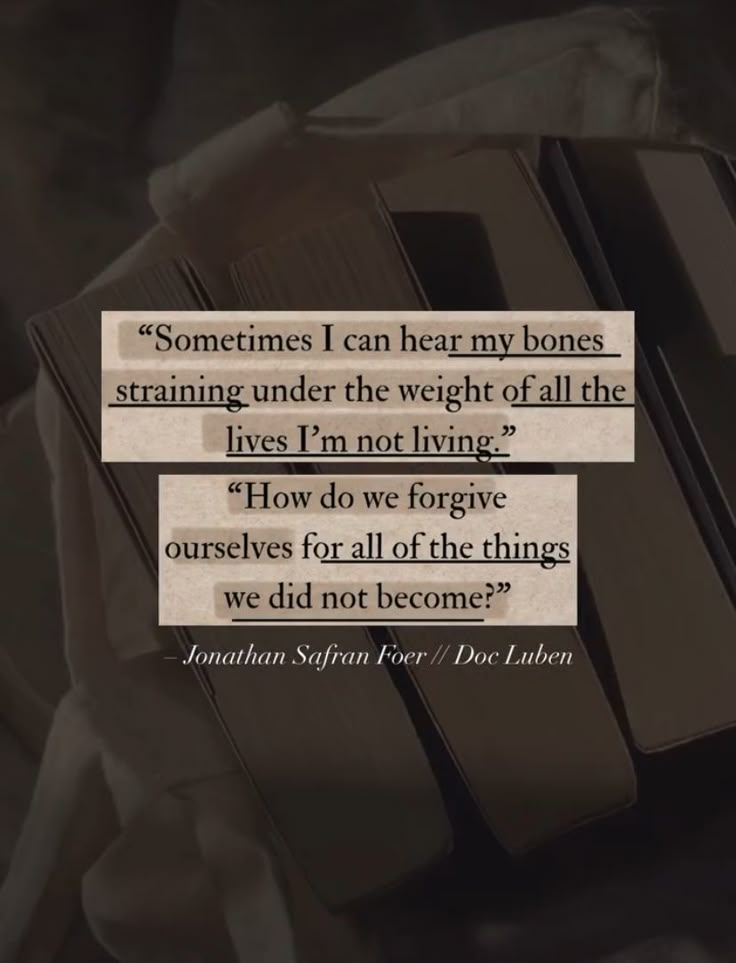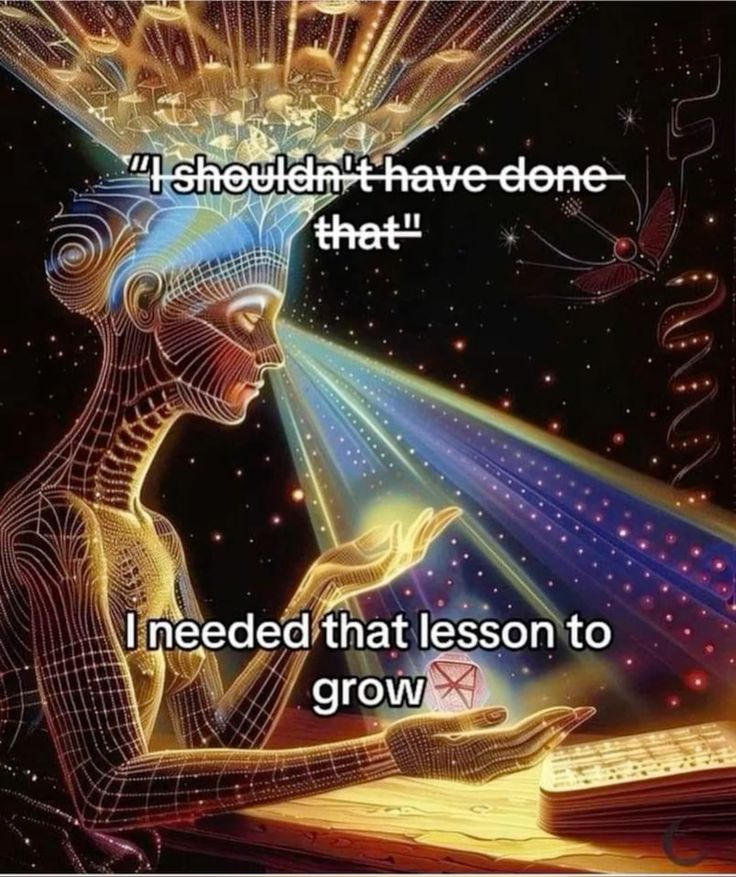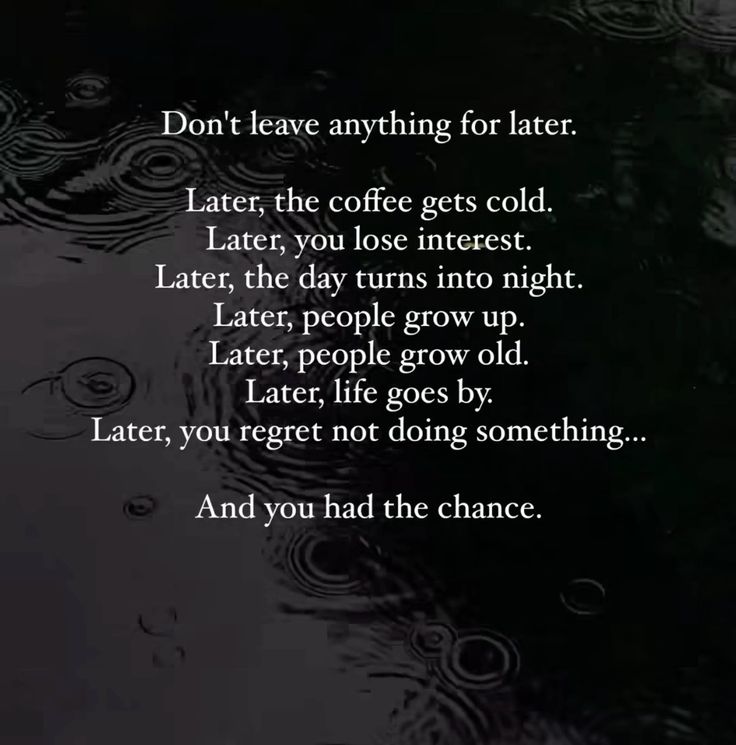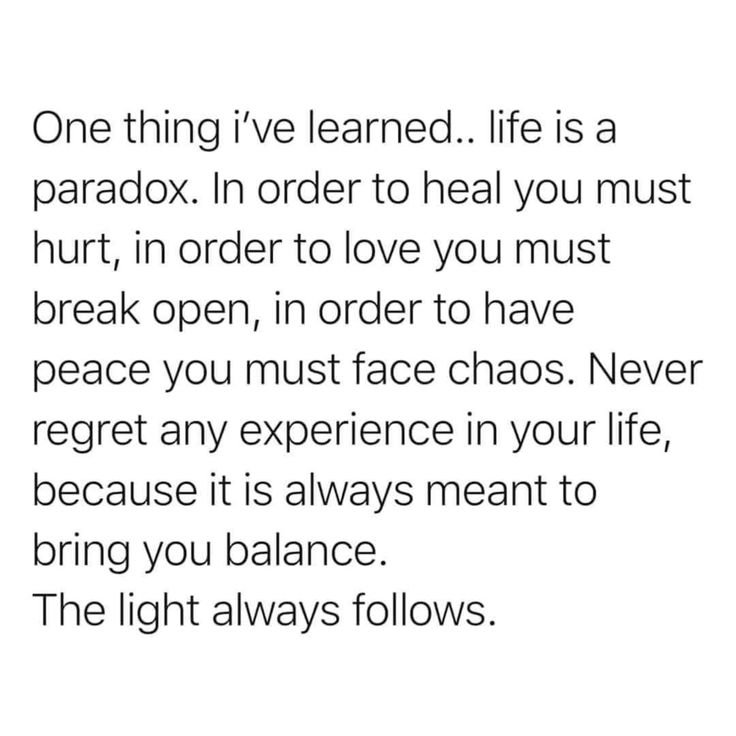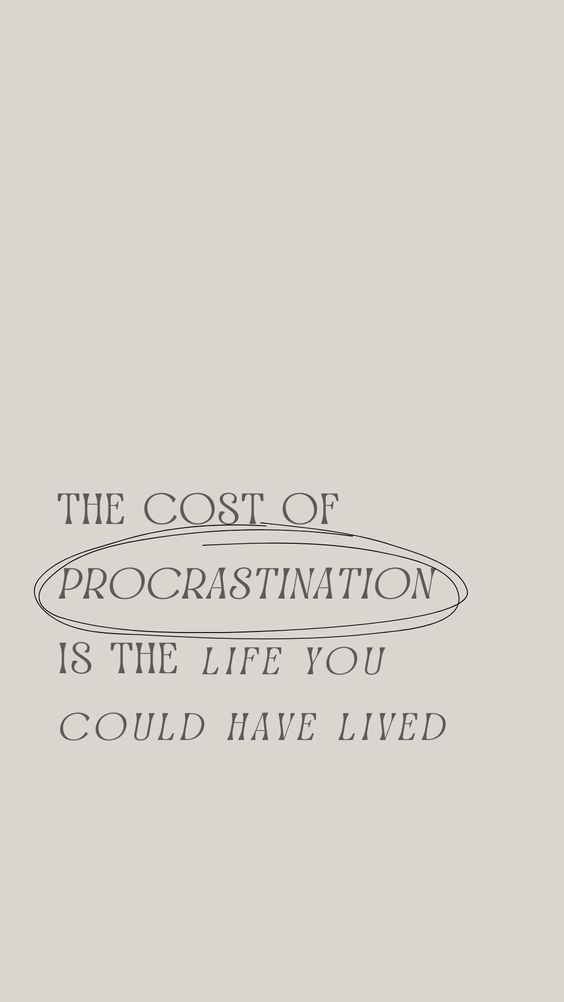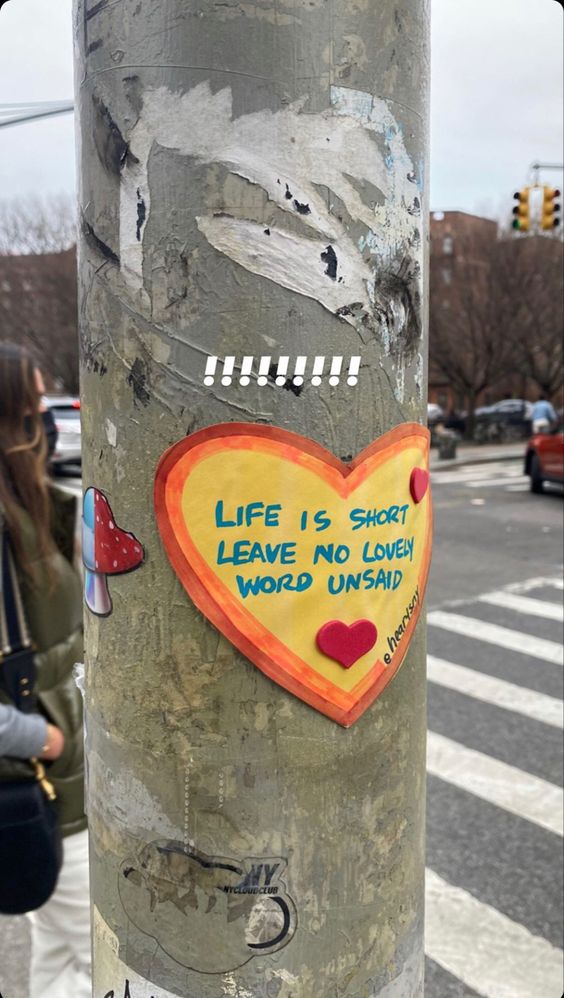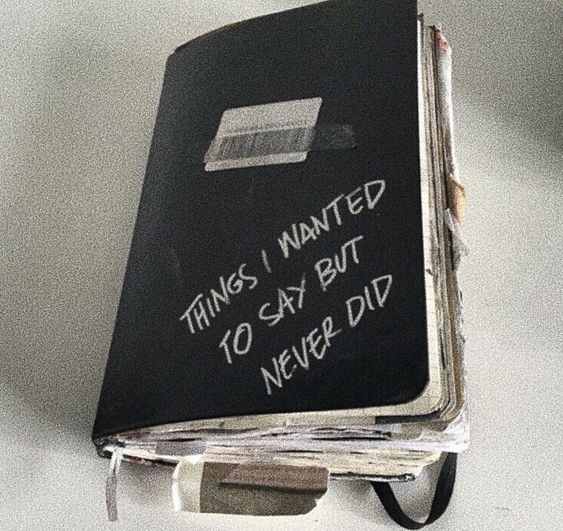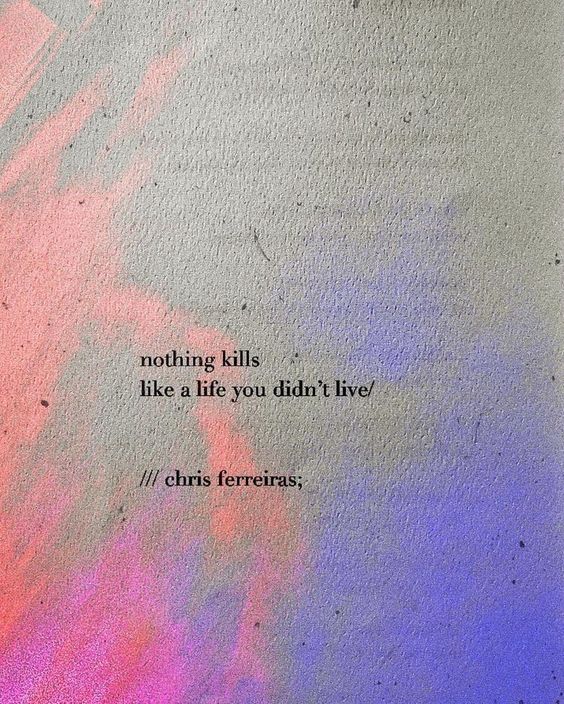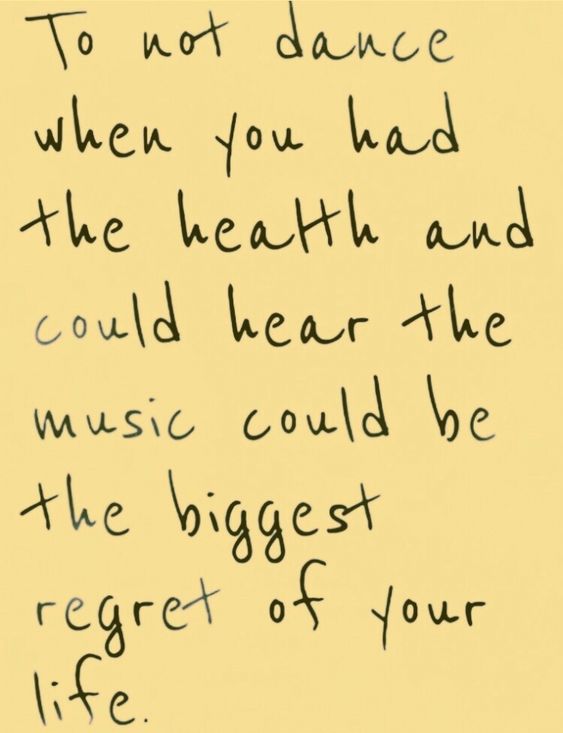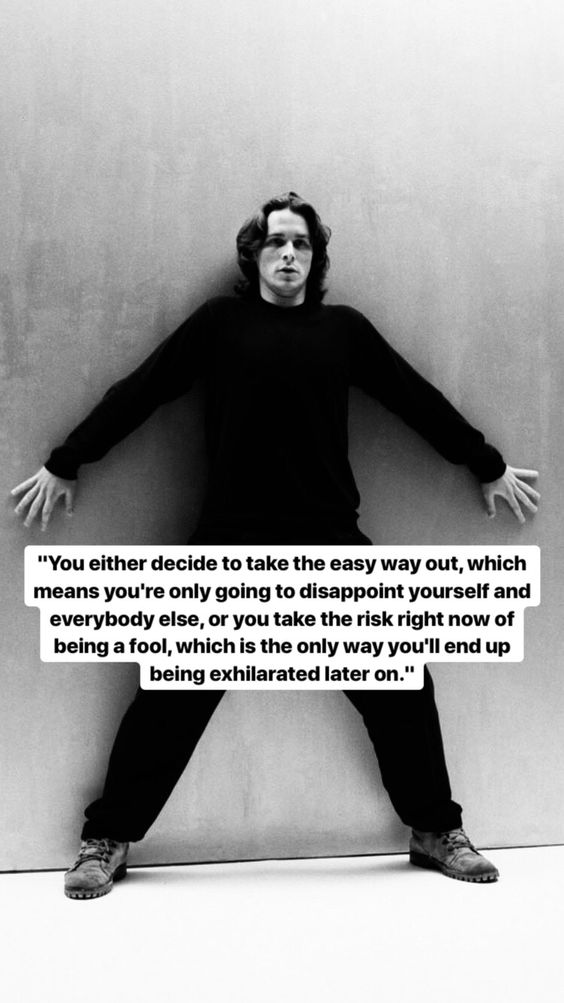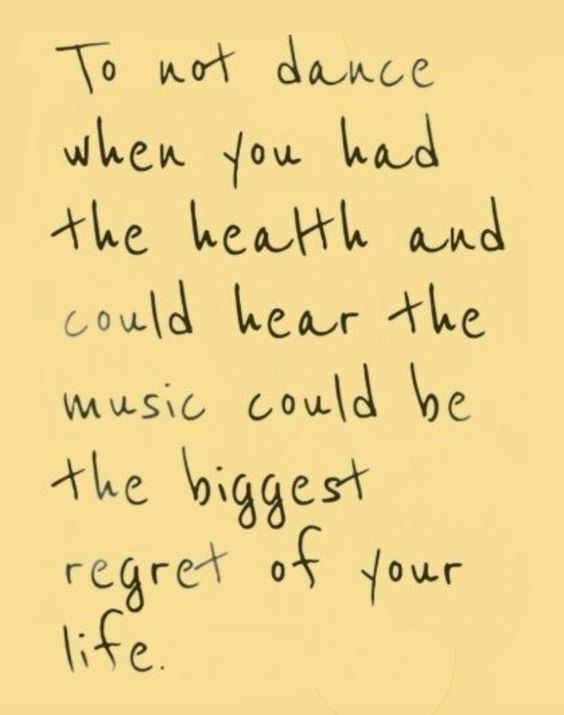“We can’t visit every place or meet every person or do every job, yet most of what we’d feel in any life is still available. We don’t have to play every game to know what winning feels like. We don’t have to hear every piece of music in the world to understand music. We don’t have to have tried every variety of grape from every vineyard to know the pleasure of wine. Love and laughter and fear and pain are universal currencies. We just have to close our eyes and savour the taste of the drink in front of us and listen to the song as it plays. We are as completely and utterly alive as we are in any other life and have access to the same emotional spectrum. We only need to be one person. We only need to feel one existence. We don’t have to do everything in order to be everything, because we are already infinite. While we are alive we always contain a future of multifarious possibility.”
Matt Haig, The Midnight Library (Page 277)
“It is not the lives we regret not living that are the real problem. It is the regret itself. It’s the regret that makes us shrivel and wither and feel like our own and other people’s worst enemy. We can’t tell if any of those other versions would have been better or worse. Those lives are happening, it is true, but you are happening as well, and that is the happening we have to focus on.”
Matt Haig, The Midnight Library (Page 277)
“‘Sometimes regrets aren’t based on fact at all. Sometimes regrets are just…’ She searched for the appropriate term and found it. ‘A load of bullshit.’“
Matt Haig, The Midnight Library (Page 67)
The Midnight Library [Book]
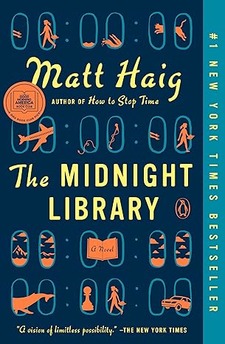
Book Overview: Somewhere out beyond the edge of the universe there is a library that contains an infinite number of books, each one the story of another reality. One tells the story of your life as it is, along with another book for the other life you could have lived if you had made a different choice at any point in your life. While we all wonder how our lives might have been, what if you had the chance to go to the library and see for yourself? Would any of these other lives truly be better? In The Midnight Library, Matt Haig’s enchanting blockbuster novel, Nora Seed finds herself faced with this decision. Faced with the possibility of changing her life for a new one, following a different career, undoing old breakups, realizing her dreams of becoming a glaciologist; she must search within herself as she travels through the Midnight Library to decide what is truly fulfilling in life, and what makes it worth living in the first place.
“If you have correctly identified what really matters, if you invest your time and energy in it, then it is difficult to regret the choices you make. You become proud of the life you have chosen to live. Will you choose to live a life of purpose and meaning, or will you look back on your one single life with twinges of regret? If you take one thing away from this book, I hope you will remember this: whatever decision or challenge or crossroads you face in your life, simply ask yourself, ‘What is essential?’ Eliminate everything else.”
Greg McKeown, Essentialism (Page 237)
“Sometimes I can hear my bones straining under the weight of all the lives I’m not living.”
Jonathan Safran Foer, via One Minute, Please? (Page 76)
“Ask yourself this about each action: ‘How does this sit with me? Shall I regret it?’ In short while I am dead and all things are gone. What more do I want, if this present work is that of an intelligent and social being, sharing one law with god?”
Marcus Aurelius, Meditations (Page 76)
“The truth is that most people regret what they did not do more than they ever regret what they did. This isn’t a coincidence. Regret isn’t actually trying to just make us feel bad that we didn’t live up to our own expectations. It is trying to motivate us to live up to them going forward. It is trying to show us what it is absolutely imperative to change in the future and what we really care about experiencing before we die.”
Brianna Wiest, The Mountain Is You (Page 78)
“The worst punishment is the understanding that you failed to properly use those good things which were given to you. Do not expect a big punishment. There can be no harder punishment than this remorse.”
Leo Tolstoy, A Calendar of Wisdom (Page 228)
